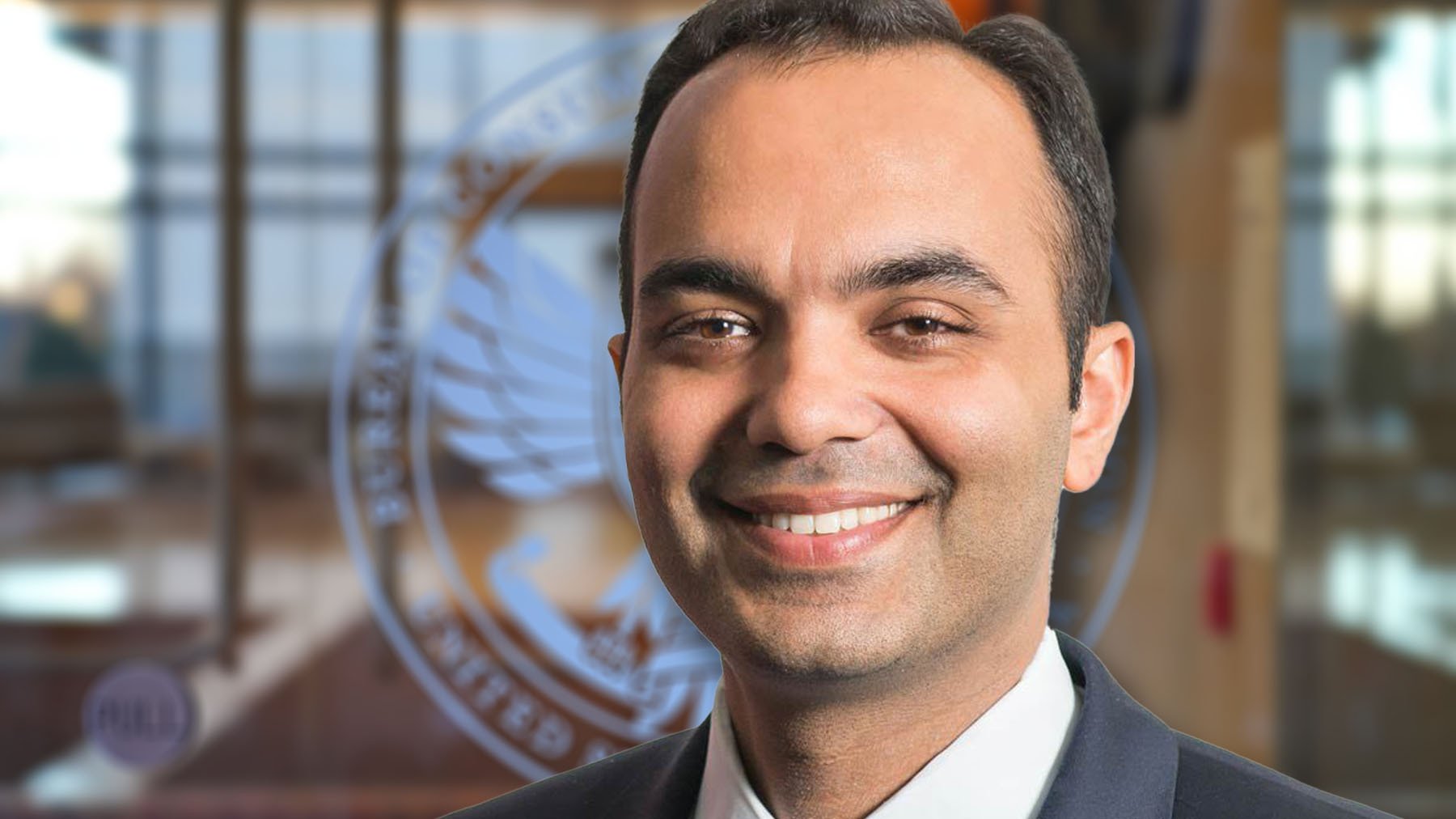Rohit Chopra, the director of the Consumer Finance Protection Bureau (CFPB), said that one of the ways the United States could resemble China is the extensive accumulation of financial data about Americans by a shrinking number of large financial institutions.
In a panel discussion held by the Brookings Institute on Friday, Chopra argued in favour of new regulations requiring payment businesses to disclose more information about how they use private currencies, such as digital currencies, and personal data. According to him, such disclosures are essential since private firms now have an unprecedented amount of influence over Americans’ financial choices.
In his prepared remarks, Chopra stated, “I worry that the United States is lurching towards a consolidated market structure similar to the one that has arisen in China, which blurs the borders between payments and commerce and provides the incentives for excessive surveillance and even financial censorship.
The discussion was a part of a Friday gathering in Washington, D.C. with the theme “Making America’s Payment System Work for a Digital Century.” The event also included Christopher J. Waller, a member of the Federal Reserve Board, in addition to Chopra. Central bank digital currency (CBDCs), which many detractors have characterised as a tool of a surveillance state, came up frequently in conversation.
Chopra warned that new regulations were required to prevent any lines separating their activities from those in the actual financial sector from becoming blurred as businesses like Google and Apple collected significant quantities of financial data through their payment system.
Large internet companies operating distinct payment services in China include Alibaba and WeChat, which Chopra claimed collected “an extraordinary amount of personal data” on Chinese customers. As of 2022, WeChat’s pay and Alipay both had 250 million users, according to the Enterprise Apps Today platform.
Chopra stated that in order to address this, the CFPB is exploring a new rule that would allow it to directly oversee how non-bank financial platforms give services to counterparts in the financial sector in order to reduce monitoring opportunities.
The regulation will work to hasten America’s transition to open, competitive, and decentralised banking while simultaneously attempting to prevent misuse of our personal information, according to Chopra.
The head of the CFPB also stated that his organisation was ready to initiate further cryptocurrency-related measures. In reference to a November 2021 assessment on stablecoins by the U.S. Treasury, Chopra noted that his organisation was interested in the hazards that the tokens did bring, notably those related to monitoring and destabilising token runs.
To lessen these, Chopra stated that the CFPB is thinking about asking tech companies for extra details about their business methods, including their procedures for releasing brand-new digital currencies, and conducting fresh audits by his organisation.
The CFPB oversees the implementation and enforcement of federal consumer financial laws and works to maintain fair, open, and competitive markets for consumer financial goods. The independent bureau consolidates oversight previously performed by multiple other organisations. It was established by the 2010 Dodd-Frank Wall Street Reform and Consumer Protection Act, which was implemented in reaction to the 2008 financial crisis and ensuing recession.

